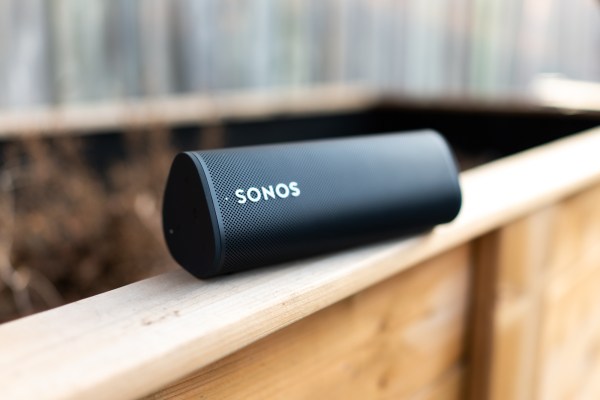You can use jargon in your startup pitch | TechCrunch

Pitch determines your positioning and positioning determines your startup’s success. Naturally, there is a lot of advice on how to pitch your startup. Among this advice, one common suggestion is to avoid using jargon. In fact, pundits will tell you not only to avoid jargon, but also that your pitch has to be understood by a five-year-old. Unless your customers are five-year-olds, this is bad advice. Jargon is the shortest and most accurate way to explain a problem. The key is to ensure that your target audience can understand it. If you are selling to customers in a niche, you can use domain-specific jargon they are familiar with. It can make them feel like you are speaking their language.
Why jargon has a bad reputation
When I was a developer, I used jargon extensively when communicating with fellow developers. They appreciated it because it conveys the point accurately and saves everyone’s time. But when I became a founder, that became a problem. We had built a machine learning algorithm that worked without training data. When I pitched it to fellow developers, I would say that we are solving cold start problems in machine learning. Developers understood it. But when I pitched it to customers, none of them understood what I meant. I followed the common advice and tried to simplify my pitch by saying, “You can build machine learning algorithms like Google even if you don’t have much data like Google.” It still didn’t resonate. Finally, an e-commerce founder told us their algorithm to recommend products doesn’t work for new users because they don’t have much information about them. He asked us if our technology could solve that problem. We said yes and changed our pitch to “product recommendation engine for new users.” It worked.
Jargon is the shortest and most accurate way to explain a problem. The key is to ensure that your target audience can understand it.
The issue isn’t with jargon itself; it’s about using jargon that matters to your customers. “Product recommendation engine” is also jargon, but it addresses a problem customers care about, whereas “machine learning algorithm that works without training data” doesn’t convey what customers can use it for. It assumes that the problem we care about (“cold start problem” in our case) is something customers also care about, which is often not the case.

Image Credits: Mani Doraisamy



